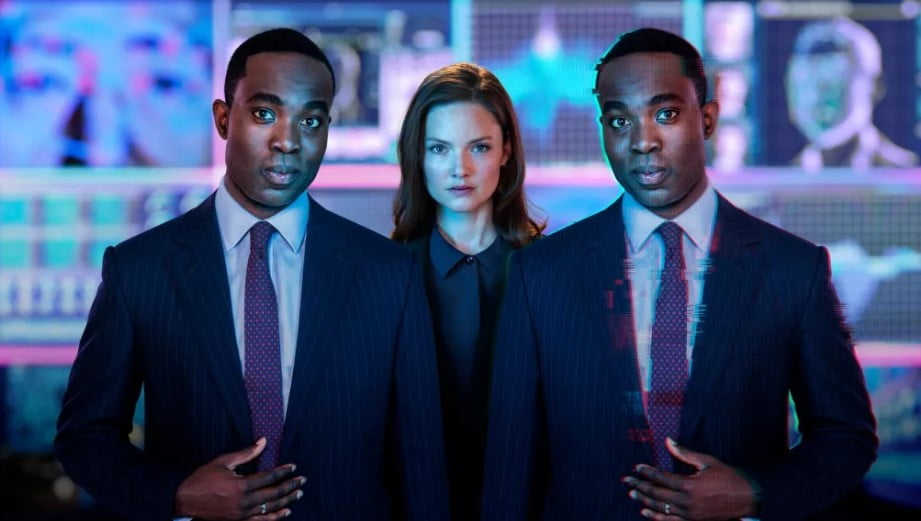The sci-fi series "The Capture" tells the Deepfake dystopia

Since the emergence of deepfakes, there has been discussion about their potential dangers to society. The British science fiction series "The Capture" makes them tangible in an evocative narrative.
Deepfake technology can be used to deceptively imitate human faces or voices in videos, audio tracks or on images. In recent years, the quality of image and voice clones has steadily improved. As a result, people can say things they have never said or appear in places they have never visited. The first fraud attempts with deepfake involvement have already been documented.
Deepfake manipulation by the state
The sci-fi thriller series "The Capture" describes the risk of overpowering deepfake technology in the hands of the state: using real-time deepfakes, intelligence agencies manipulate surveillance camera footage to create crimes that never happened to enforce their goals. This process is succinctly called a "correction" by the authorities.
Now, BBC One is launching the six-part second season of "The Capture." The first season, also consisting of six episodes, was broadcast in the fall of 2019. The series also runs internationally on various streaming providers.
Study casts doubt on deepfake threat
An MIT study published late last year casts doubt on the higher manipulation risk of deepfakes. According to the study, deepfake videos have only a slightly higher probability of influencing human behavior or political views compared to fake texts. However, the study refers to the broad perception of many people (7500 respondents) and not to targeted interventions by those in power, as described in "The Capture".
Deepfakes can also serve positive or entertaining purposes: In this case, one would use the term "synthetic media" instead of the negatively connoted term "deepfake," although it may be based on the same technology. Generative audiovisual AI, for example, anonymizes political persecutees, rejuvenates musicians, enhances Hollywood tricks, or enables easy digital replacement of actors in Internet videos.
AI News Without the Hype – Curated by Humans
As a THE DECODER subscriber, you get ad-free reading, our weekly AI newsletter, the exclusive "AI Radar" Frontier Report 6× per year, access to comments, and our complete archive.
Subscribe now